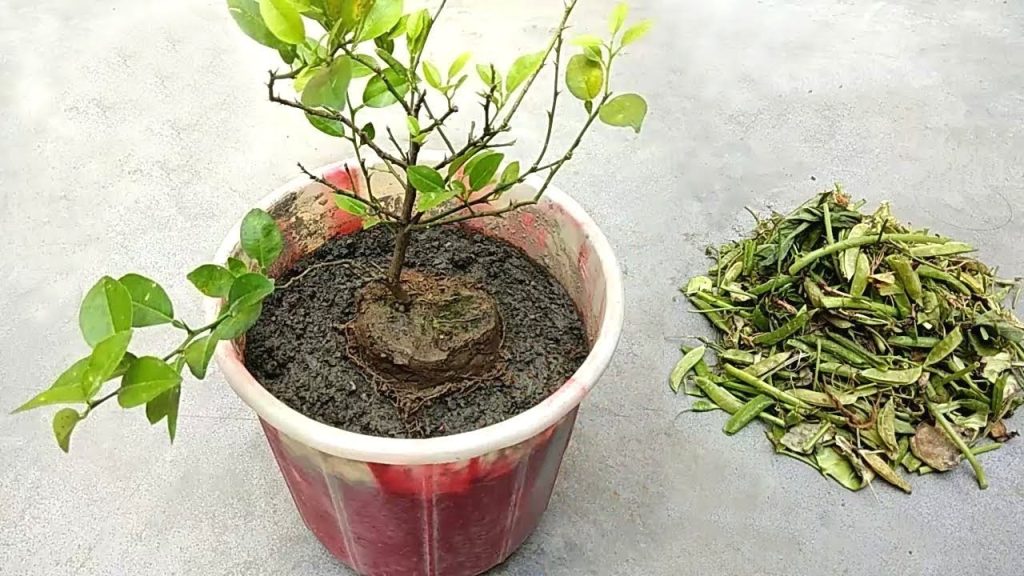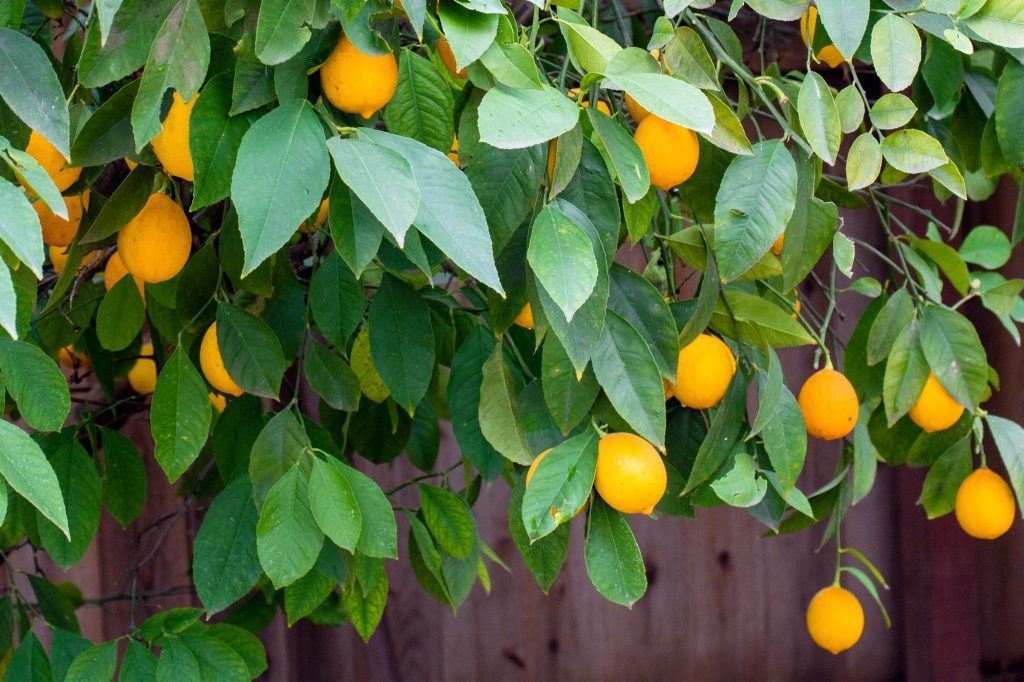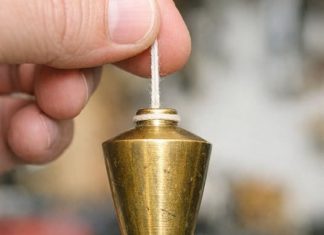Lemon trees thrive when fed with gentle, organic nutrients over harsh chemical alternatives. Natural fertilizers enrich the soil, foster beneficial microbes, and promote steady, healthy growth. For citrus plants, which prefer slightly acidic conditions, natural amendments also help maintain proper pH without sudden spikes of salts.
Compost and Well-Rotted Manure: A Foundation
One of the best organic inputs is compost or well-rotted manure. These enrich the soil gradually and build structure. Spread a layer around the base of the tree—avoiding direct contact with the trunk—and water it in. As it breaks down, it will release nitrogen, phosphorus, potassium, and micronutrients in balance. Manure that is fully decomposed (not fresh) is safer—fresh manure can burn roots or introduce excess nitrogen too quickly. Over time, compost and manure help the lemon tree access nutrients while improving the moisture retention and aeration of the soil.

Fish or Seaweed Emulsion: Liquid Nutrient Boost
Liquid fertilizers drawn from fish emulsion or seaweed (kelp) provide a gentle boost of nutrients, trace minerals, and beneficial compounds. These can be diluted and applied as a soil drench or lightly sprayed as a foliar feed (if safe for citrus leaves). Many citrus growers choose these during the growing season to offer immediate nutrition between solid fertilizer applications. Because these liquids absorb quickly, they can help correct deficiencies faster than slow-release solids. Just be cautious with concentration—overdoing it can stress the roots.
Coffee Grounds, Eggshells & Banana Peels: Kitchen to Garden
Everyday kitchen scraps can become treasure for lemon trees:
- Coffee grounds are slightly acidic and rich in nitrogen. After drying, you can sprinkle them lightly on the soil surface or work them into the top layer. Over time, microbes break them down and release nitrogen.
- Eggshells, once cleaned and crushed, serve as a good calcium supplement. Citrus trees sometimes suffer from blossom drop or weak fruit when calcium is lacking. Crushed eggshells slowly release calcium into the soil as they decompose.
- Banana peels or other fruit peels bring potassium, an element vital for fruit development and tree resilience. Chop or blend them, then bury them gently in the soil near—but not touching—the root zone.
These amendments are best used as part of a mix, rather than relying solely on one type.
Grass Clippings & Leaf Litter
Garden waste like grass clippings and dry leaves can function as a mulch or a nutrient source as they decompose. A blend of grass, leaves, and other organic debris around the tree (away from direct trunk contact) helps feed microbial life, suppress weeds, retain moisture, and slowly release nutrients. A mixture combining grass clippings with eggshells or banana peels can offer a broader nutrient range. Some growers suggest a 75:25 ratio of grass clippings to shell or peel material.
How & When to Apply
Timing matters. Early spring and midsummer are optimal periods to fertilize citrus trees—just before new growth and during active growth phases. Avoid heavy fertilizing late in the season, which might spur soft growth vulnerable to cold.
Apply solid fertilizers around the drip line (the area under the outer branches) rather than at the trunk. Work them gently into the topsoil or beneath mulch. Liquid feeds or teas can be applied more frequently in smaller doses.
Before applying, check soil pH and nutrient levels if possible. Even natural inputs require balance; too much nitrogen or imbalance of micronutrients can cause foliage issues or fruit drop.
Benefits vs. Risks
Natural fertilizers support long-term soil health, microbial diversity, and gradual nutrient release. They are less likely to cause fertilizer “burn” or sudden salt build-up. However, they act more slowly than synthetic options. In slow or deeply depleted soils, a small supplemental test of balanced fertilizer may be useful—but natural fertilizing should remain the backbone.

In Summary: Grow Smarter, Not Harder
For lemon trees, the four natural fertilizers that reliably support growth and fruiting are:
- Compost and well-rotted manure
- Fish or seaweed emulsion
- Kitchen scraps like coffee grounds, eggshells, banana peels
- Garden waste: grass clippings and leaf litter
Used thoughtfully and in balance, these organic inputs feed your tree, enrich the soil, and maintain the delicate chemistry citrus plants need. Over time, your lemon tree will flourish more sustainably and harmoniously with its environment.

















